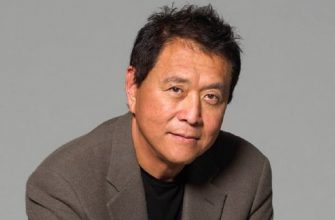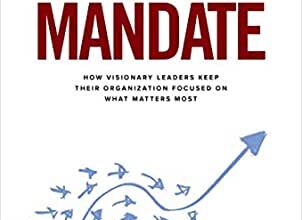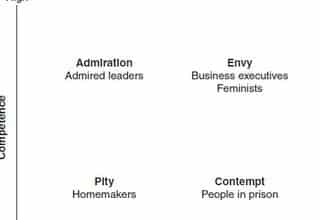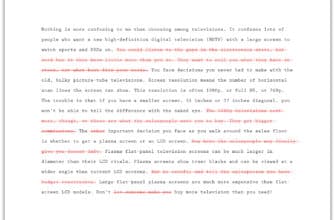I’ve always been a fan of the show, The West Wing. Twenty years ago, this political drama introduced me to a degree of governmental interest that I’ve maintained ever since. My appreciation for this program has exponentially increased since I discovered the podcast, The West Wing Weekly. Hosted by Hrishikesh Hirway and Joshua Malina, aka The West Wing star Will Bailey, they break down each episode with additional information and great behind the scene interviews.
But I’m not here to plug The West Wing Weekly, available on iTunes. Instead, I’d like to discuss a poignant episode from Season 6, King Corn, in which we’re in the heat of the Iowa primaries with Congressman Matthew Santos (Jimmy Smits) and Senator Arnold Vinick (Alan Alda) trying to gain support for their presidential campaigns.
To win the State, both candidates know that they must support federal subsidies for ethanol fuel given to corn growers; however, neither agrees. Regardless, Santos listens to his campaign manager, Josh Lyman (Bradley Whitford), and takes “the pledge” to support such subsidies. He doesn’t want to, but he feels that he can comprise his beliefs if it means winning the primary. Vinick, on the other hand, ignores the strong urgings of his campaign manager and uses his stage time to say,
“I know what you want to hear. Telling people what they want to hear is the easiest thing you can do in politics. That’s not why I’m here. That’s not why I’m running for president. Now I know that the ethanol subsidies have been good for some of you. But mostly, it’s a windfall for huge conglomerates. I’m embarrassed by it, and I think you should be, too.”
Vinick and Santos end up losing the Iowa election, but only one walks away with his integrity intact. I understand the practicality of Santos—he was running a distant third in the polls and did not feel he could afford to take such a chance. Vinick, meanwhile, becomes the hero of the day. The room of Iowan voters were against him, but every national news program reported on his bravery. In this instance, Vinick is the ideal version of the authentic leader.
A few years ago, the Harvard Business Review wrote, “Authenticity has emerged as the gold standard for leadership.” Proposed by Bill George, a professor of Management Practice and a Henry B. Arthur Fellow of Ethics, authentic leaders emphasize building their legitimacy through genuine, moral, sincere relationships with followers. As George in his book Authentic Leadership, this includes “people of the highest integrity, committed to building enduring organizations… who have a deep sense of purpose and are true to their core values who have the courage to build their companies to meet the needs of all their stakeholders, and who recognize the importance of their service to society.”
Based upon research from leadership scholar Bruce Avolio, an authentic leader displays the following qualities:
Authentic leaders are genuine. You cannot fake who you are for any substantial duration of time. At some point, those who choose to follow you will figure out “the real you.” And if it strays too far from the persona you are trying to sell, get ready to lose trust and ultimately support.
Authentic leaders have a strong foundation in emotional intelligence (EQ). This involves a healthy dose of self-awareness and the ability to self-regulate so as to match their behavior to their context. They monitor their words and actions and remain attuned to the needs of their audiences.
Authentic leaders are constantly growing. Authenticity is a developmental state that enables individuals to remain in a perpetual state oflearning. It requires years of practice and demands frequent upkeep to maintain.
Authentic leaders embraces their imperfections. They make mistakes and are willing to admit their errors. These leaders have the self-confidence to ask others for help and remain humble and modest.
Authenticity is not easy. It should be, but it’s not. Egos, office politics, and general insecurity make us feel as though we need to wear a façade. We placate those around us with what they want to hear (a la Santos) versus what they need to hear (a la Vinick); and the more time we spend building this false image, the harder it becomes to revert to our true selves. Take a page from Senator Vinick—risk your popularity with who you really are. It may lose Iowa, but








